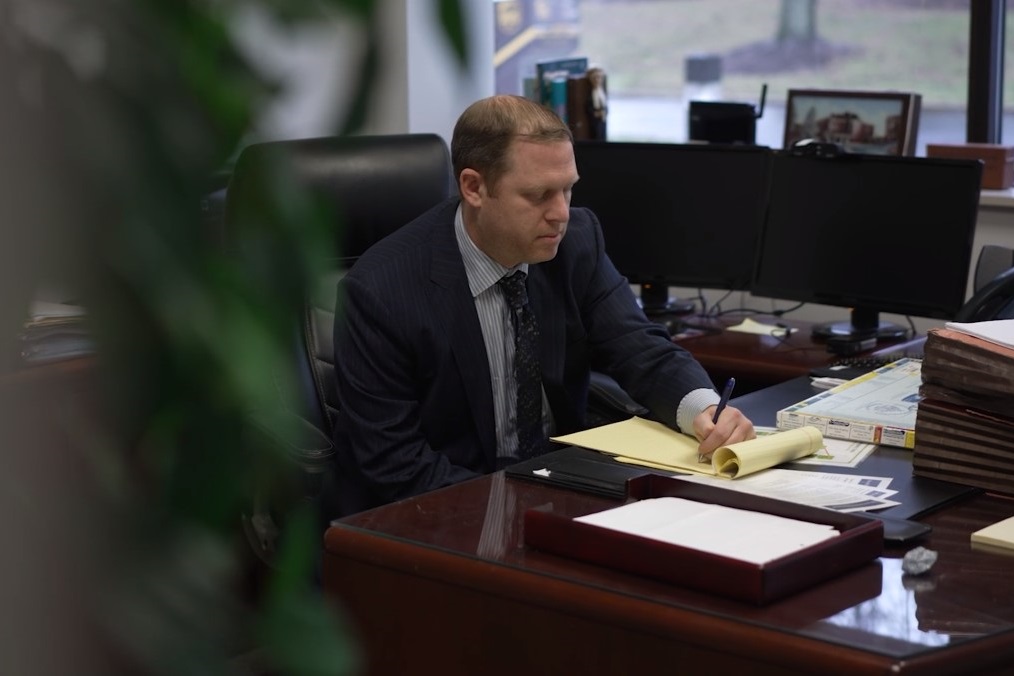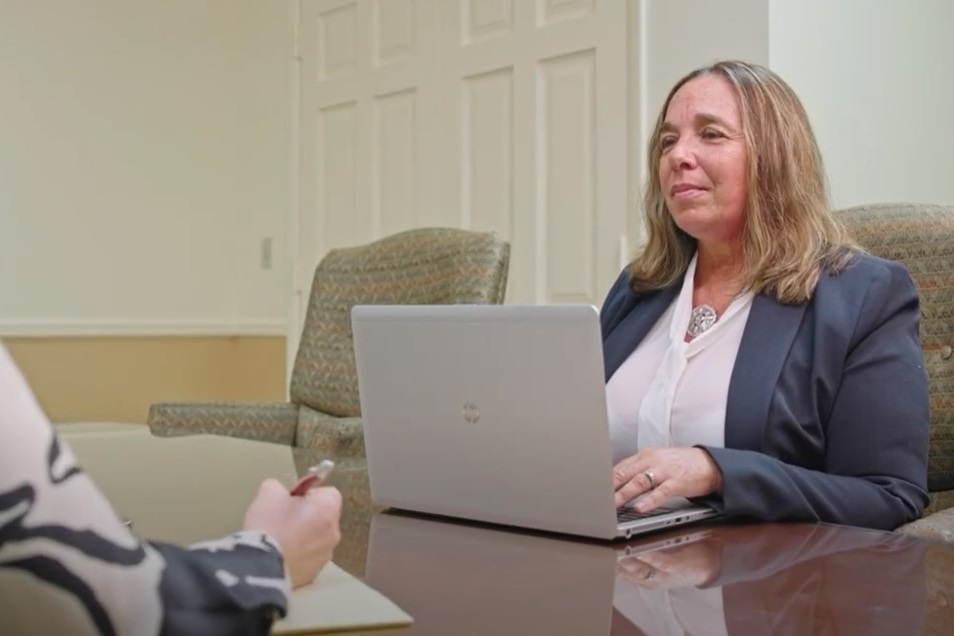Tax & Estate Planning
Prepare Your Estate With a Trusted Estate Administration Attorney

Estate Administration is the legal process of managing and distributing a person’s property (referred to as the “estate”) once they have died. After death, a person’s possessions, including real estate, money, and personal belongings, become part of their “estate.” Estate administration is the process of paying debts and taxes and distributing remaining property to heirs and beneficiaries. The distribution of property to heirs is determined by the person’s last will and testament. The death of a family member is difficult. An experienced estate administration attorney can provide legal representation and guidance to clients who are going through the estate planning and estate administration process.
The Estate Administration Process
The process of estate administration can vary slightly from state to state, but typically includes the following steps:
-
- Filing the will at the probate court
- Collecting assets, which involves making a list or inventory to file with the probate court
- Paying outstanding bills and taxes
- Filing any due tax returns
- Transfer of any property and/or assets
- Distributing property to beneficiaries and heirs
At times, an estate may need to be administered in more than one state. If this is the case, the state in which the decedent resided at the time of death will be the state where the estate is probated. Probate is often mentioned when discussing estate administration, and it can be a confusing process. Probate refers to the administering and settling an estate after a person dies. It is the legal procedure through which a court determines how to distribute your property after you die. Even if a will has been left, it doesn’t guarantee avoidance of probate. Most property has to be probated. The probate proceeding can either be formal or informal. An informal probate proceeding typically involves filing paperwork, appointing an executor (if one is not stated in the will), paying debts and taxes and distributing assets. A formal probate proceeding is required when a will is disputed and usually involves court hearings. Speak to an estate administration attorney today to help guide you through the probate process.
Contact Davison Eastman Muñoz Paone, P.A. Today
The entire process of estate administration can be confusing and complex for a grieving family. Probate court can be eliminated if assets are held in a trust or there is joint ownership (typically a spouse), but often times this has been overlooked in the estate planning and estate administration process. Administering an estate is a big responsibility and can be overwhelming at times. This is why it is very important to have the assistance of an experienced estate administration attorney to help navigate the process. The attorneys at Davison Eastman Muñoz Paone, P.A. have decades of experience helping families smoothly through the estate administration process.
We have offices in Freehold (Monmouth County), NJ and Toms River (Ocean County), NJ.


YEARS OF
LEGAL EXCELLENCE

ATTORNEYS & STAFF

YEARS RUNNING
BEST LAWYERS®

MATTERS
Legal Questions? Let’s Talk!
We appreciate your interest and welcome any inquiries you may have. If you're seeking further information about our services, we're here to assist you. Feel free to use the provided contact form or reach out to us directly via email or phone. Thank you for considering Davison Eastman Muñoz Paone, P.A., and we look forward to connecting with you soon.

